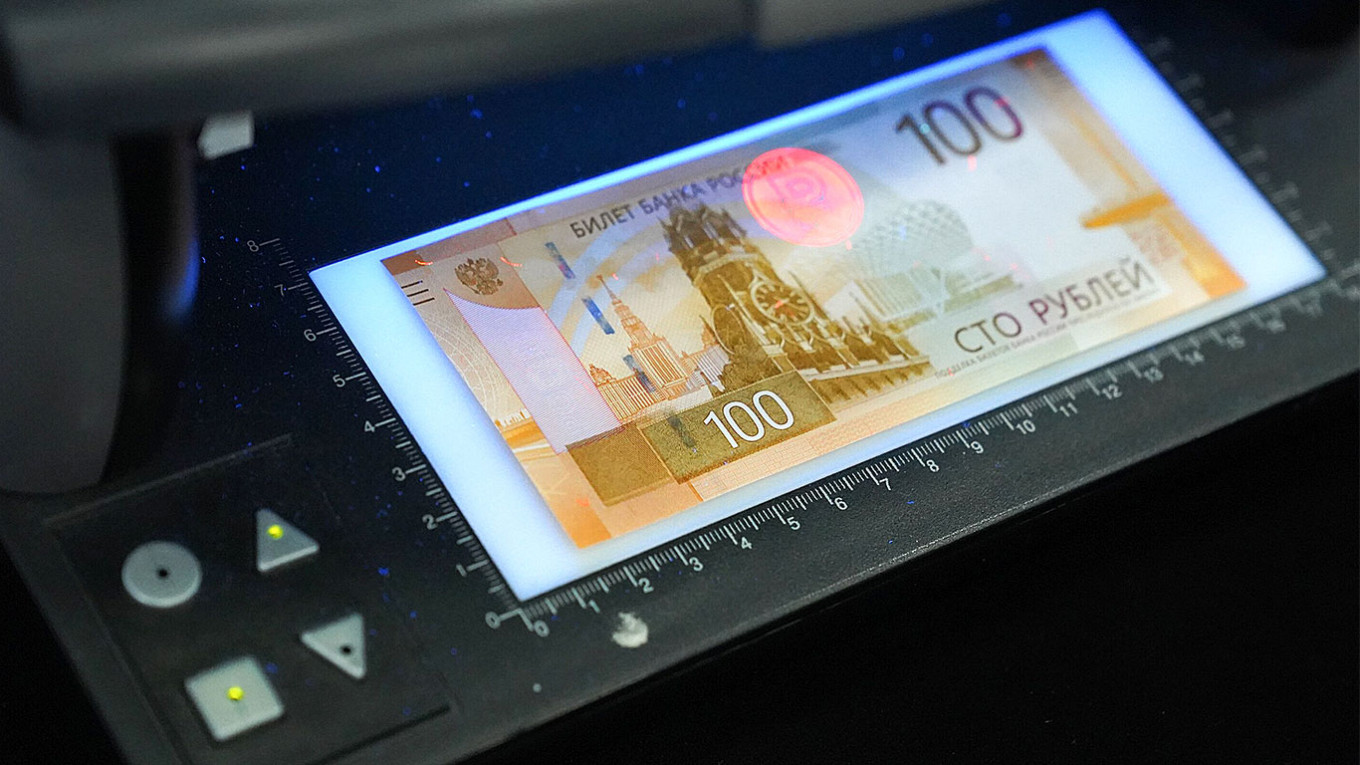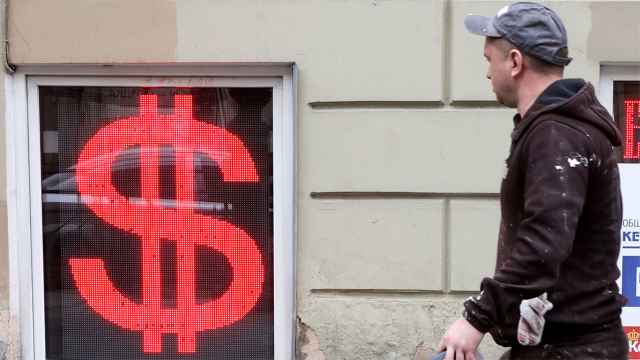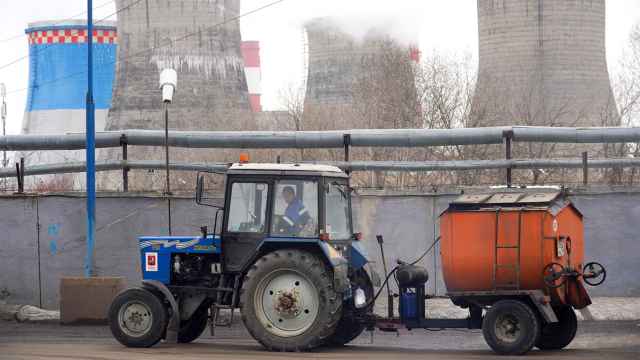The Russian ruble extended a recent slump Thursday, declining 17% against the U.S. dollar in 48 hours to reach its lowest level since late May.
The ruble hit 64.5 against the greenback during morning trading on the Moscow Exchange as the Russian authorities apparently intervened in currency markets to stop the ruble from strengthening and energy exports to Europe declined.
“They are coordinating to buy currencies of ‘more friendly countries’ such as [Chinese] yuan to artificially depress the exchange rate,” analyst Nick Trickett told The Moscow Times.
After a currency collapse when the Kremlin ordered troops into Ukraine in February, the ruble strengthened dramatically as a result of falling imports and a raft of currency controls imposed by the authorities. But officials have been warning that the strength of the ruble — which neared 50 against the U.S. dollar last week — could be harmful to the Russian economy as it dents Russia’s income from selling commodities abroad.
Finance Minister Anton Siluanov said last week that the government was considering intervention on the currency markets to ease upside pressure on the ruble.
Falling volumes of Russian energy exports are also believed to be pushing the ruble to weaken. “[Lower gas sales to Europe] would mean a decrease in export earnings and, as a result, a decrease in foreign currency sales on the market,” the chief economist at Alfa Bank, Natalia Orlova, told independent media outlet The Bell on Tuesday.
Exports are expected to fall even further next week amid a planned 10-day closure of the Nord Stream gas pipeline.
While the strengthening of the ruble since the invasion — making it the world’s best-performing currency — was touted by some Russian officials as a sign that the economy had shrugged off Western sanctions, the exchange rate was beginning to cause problems.
A one-ruble growth in the value of the Russian currency equates to the loss of up to 200 billion rubles ($3 billion) in government revenue, Siluanov told a meeting of Russia’s Union of Industrialists and Entrepreneurs last week.
“That means a 10 ruble change in the currency exchange rate equates to more than 3 trillion rubles [in losses]. That’s quite a volume,” RBC business daily cited Siluanov as saying.
In addition to boosting revenue, the government also apparently hopes a weaker ruble will stimulate manufacturers to produce substitutes for imported goods no longer available because of Western sanctions and the exit of Western companies from the Russian market.
“When the currency is strong — at least on paper — it means imports are cheap. To increase domestic production, [the government] would prefer a weak ruble,” Trickett said.
But economists are divided over whether the ruble will continue declining — the direction apparently favored by the government.
“I can see it settling back in a range more akin to what it was prior to the invasion or maybe a little bit higher, between mid 70 to low 80 [against the U.S. dollar],” said Trickett.
A Message from The Moscow Times:
Dear readers,
We are facing unprecedented challenges. Russia's Prosecutor General's Office has designated The Moscow Times as an "undesirable" organization, criminalizing our work and putting our staff at risk of prosecution. This follows our earlier unjust labeling as a "foreign agent."
These actions are direct attempts to silence independent journalism in Russia. The authorities claim our work "discredits the decisions of the Russian leadership." We see things differently: we strive to provide accurate, unbiased reporting on Russia.
We, the journalists of The Moscow Times, refuse to be silenced. But to continue our work, we need your help.
Your support, no matter how small, makes a world of difference. If you can, please support us monthly starting from just $2. It's quick to set up, and every contribution makes a significant impact.
By supporting The Moscow Times, you're defending open, independent journalism in the face of repression. Thank you for standing with us.
Remind me later.







